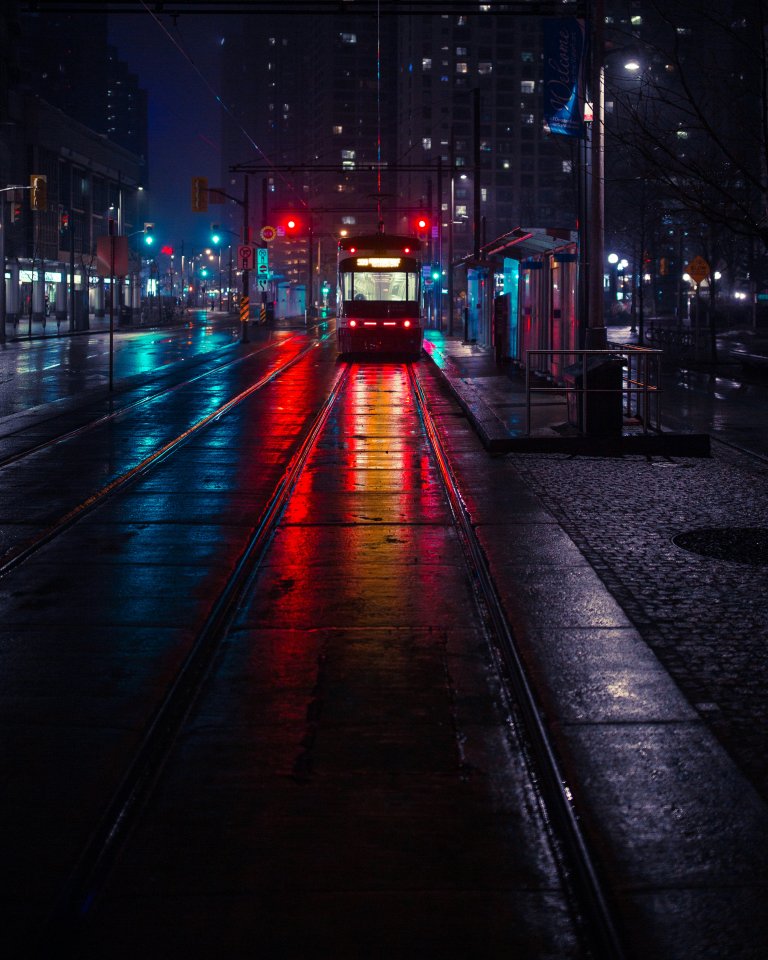Palava City – Mumbai’s Sister City
In 2014, Mumbai, the financial capital of India, welcomed a new addition to its urban landscape – Palava City. Located in Dombivli, a town on the outskirts of Mumbai, Palava City is a planned satellite city that aims to become a self-sufficient urban hub, offering a better quality of life to its residents. Developed by the Lodha Group, one of India’s leading real estate developers, Palava City has been hailed as Mumbai’s sister city and has been receiving widespread recognition for its infrastructure and sustainability initiatives.
Master Plan and Infrastructure
The master plan for Palava City was designed by renowned urban planners, Skidmore, Owings & Merrill (SOM). Spread over 4500 acres, the city has been divided into three phases, with the first phase covering 1680 acres. The second and third phase are currently under development and upon completion, Palava City is estimated to have a population of over 5 lakhs. The city has been planned to be completed in four different phases – smart, health, sports, and education. Each phase has been designed to cater to specific needs and provide a unique experience to its residents.
Palava City boasts of world-class infrastructure, with wide roads and well-designed public spaces. The city has a 100-acre central park, multiple recreational areas, and over 6.5 km of cycling and jogging tracks. It also has a dedicated sports complex, a 14-acre commercial district, and a grand clubhouse with multiple amenities. In addition, the city has a robust transportation system, with an integrated bus shuttle service and dedicated cycle routes, making it a pedestrian-friendly and environment-friendly city.
Sustainability Initiatives
One of the most remarkable aspects of Palava City is its commitment to sustainability. The city has implemented various initiatives to become ecologically balanced, self-sufficient, and green. The city has its own sewage treatment plant, and rainwater harvesting systems have been installed in all the residential and commercial buildings. Palava City also boasts of a modern waste management system, with a dedicated recycling facility. The city has been awarded the Green City Platinum Rating by the Indian Green Building Council (IGBC) and has been recognized as one of the top 10 smart cities by the Ministry of Housing and Urban Affairs, Government of India.
Educational Institutions
Palava City has been designed with the vision of providing a holistic living experience to its residents, and education has been given utmost importance. The city has over 10 public and private schools, including the prestigious Lodha World School, which is ranked among the top 10 international schools in India. The city also has a dedicated university campus, which includes various technical and management institutes.
Residential Options
Palava City offers a mix of residential options, catering to different budget ranges and lifestyles. The city has been designed to offer a community living experience, with well-designed apartments, independent villas, and bungalows. The city also has a dedicated senior living community, with all the required amenities and infrastructure.
The Future of Palava City
With its strategic location, modern infrastructure, and sustainable initiatives, Palava City has emerged as a promising destination for real estate investments. The city has been attracting various multinational companies, thus creating a robust job market. In addition, with the upcoming Mumbai Trans-Harbour Link and the expansion of the Dombivli railway station, connectivity to the rest of Mumbai is expected to improve significantly, making Palava City an ideal choice for professionals working in Mumbai.
Palava City is not just a satellite city; it is a vision to create a better future. With its innovative approach, the city has set an example for sustainable urban planning and has become a role model for other emerging cities in India. Palava City has truly earned the title of Mumbai’s sister city and is well on its way to becoming a benchmark for future urban development projects in the country.
Conclusion
In the last few years, Palava City has witnessed significant growth, and its success can be attributed to its focus on creating a sustainable and self-sufficient urban hub that caters to the needs and aspirations of its residents. With its modern infrastructure, commitment to sustainability, and emphasis on community living, Palava City has become a symbol of progress and a pride for the city of Mumbai.



